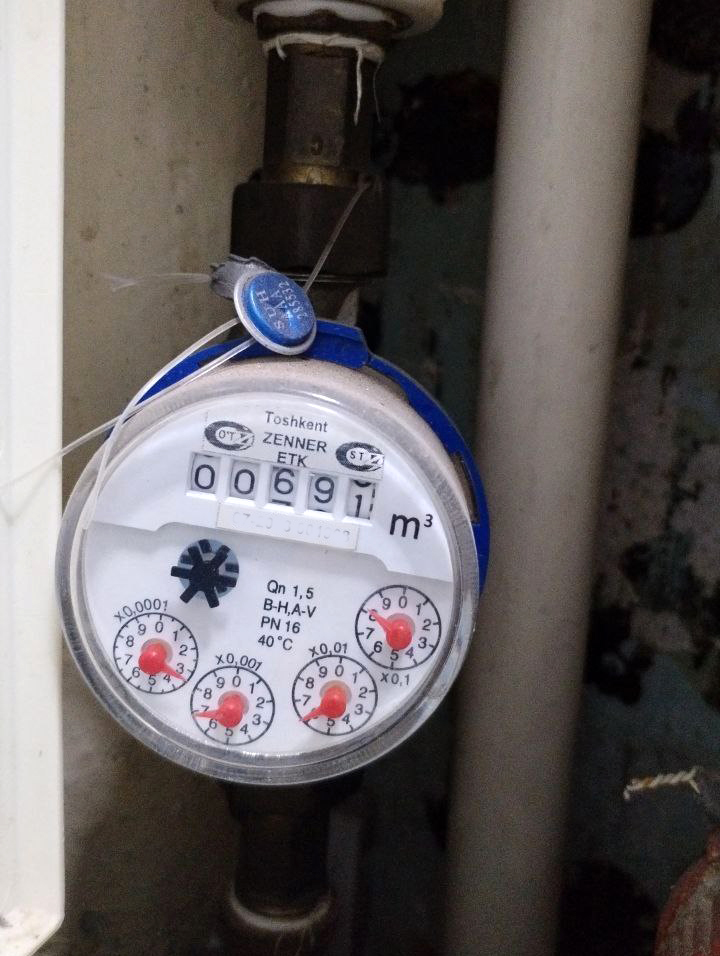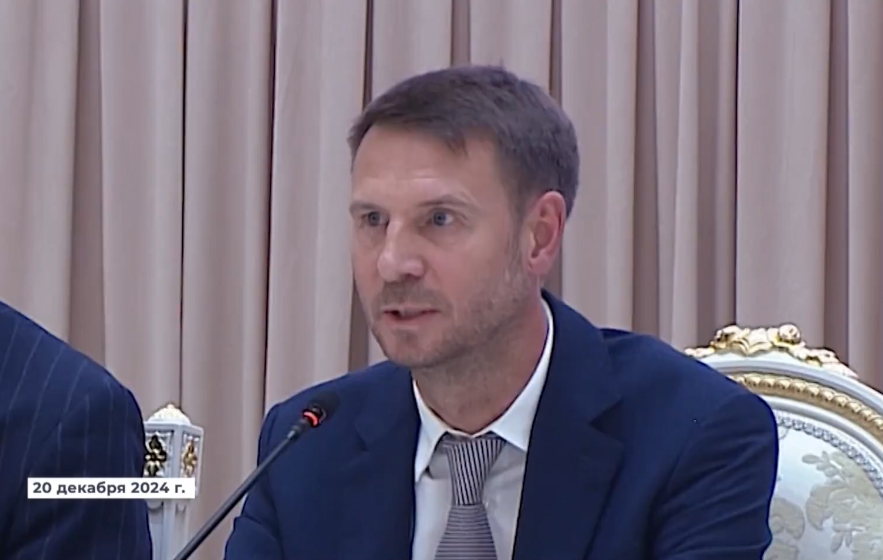This article is also available in:
Русский (Russian)
Uzbek
Recent arrests in the Tashkent and Jizzakh regions have once again raised questions about the viability of the position of hokim’s assistant. These cases bring up serious concerns about how effective these assistants really are and whether it’s time to reconsider the very concept of this position. Initially introduced to improve the lives of the population and support local entrepreneurship, the position of hokim’s assistant was supposed to become an important element in local governance. However, with each new case of corruption and fraud, it becomes increasingly clear that some of these officials are abusing their power to the detriment of citizens’ interests.
It was reported yesterday that operatives from the State Security Service (SSS) arrested two hokim’s assistants on charges of extortion and fraud. One of them, working in the Urtachirchik district of the Tashkent region, demanded a large sum of $15,000 for assisting in the lease of 1.8 hectares of land for 10 years. Another hokim’s assistant in one of the mahallas in the Gallaaral district of the Jizzakh region was caught red-handed while receiving $1,200 for helping a citizen secure a job at a local medical facility.
On one hand, hokim’s assistants indeed play a crucial role in addressing the everyday problems of the population, contributing to the improvement of infrastructure, employment, and quality of life in the mahallas. On the other hand, the recurring cases of corruption among them highlight the need to reassess their powers, or perhaps even the necessity of this position altogether.
The arrests in the Tashkent and Jizzakh regions are just the latest in a long string of incidents where hokim’s assistants have been entangled in corruption schemes. Each such case undermines trust in the governance system and casts doubt on the effectiveness of anti-corruption measures in the country.
Maybe it’s time for more radical changes? The elimination of the hokim’s assistant position or a fundamental reform of their functions and the oversight of their activities could be steps in the right direction. Certainly, this requires thorough analysis and discussion at the highest levels, but one thing is clear: the current situation demands action.
The public is increasingly asking: “If these positions are becoming hotbeds of corruption, isn’t it time to get rid of them?” If the purpose of hokim’s assistants is to improve the lives of citizens, then their actions must be transparent and honest. Otherwise, the system risks losing the trust of the people, along with its legitimacy.
The future of the hokim’s assistant position now depends on what conclusions will be drawn from these situations and what measures the government will take to combat corruption at the local level.
The text has been translated by AI. For more accurate information, please refer to the Russian version of the article.











